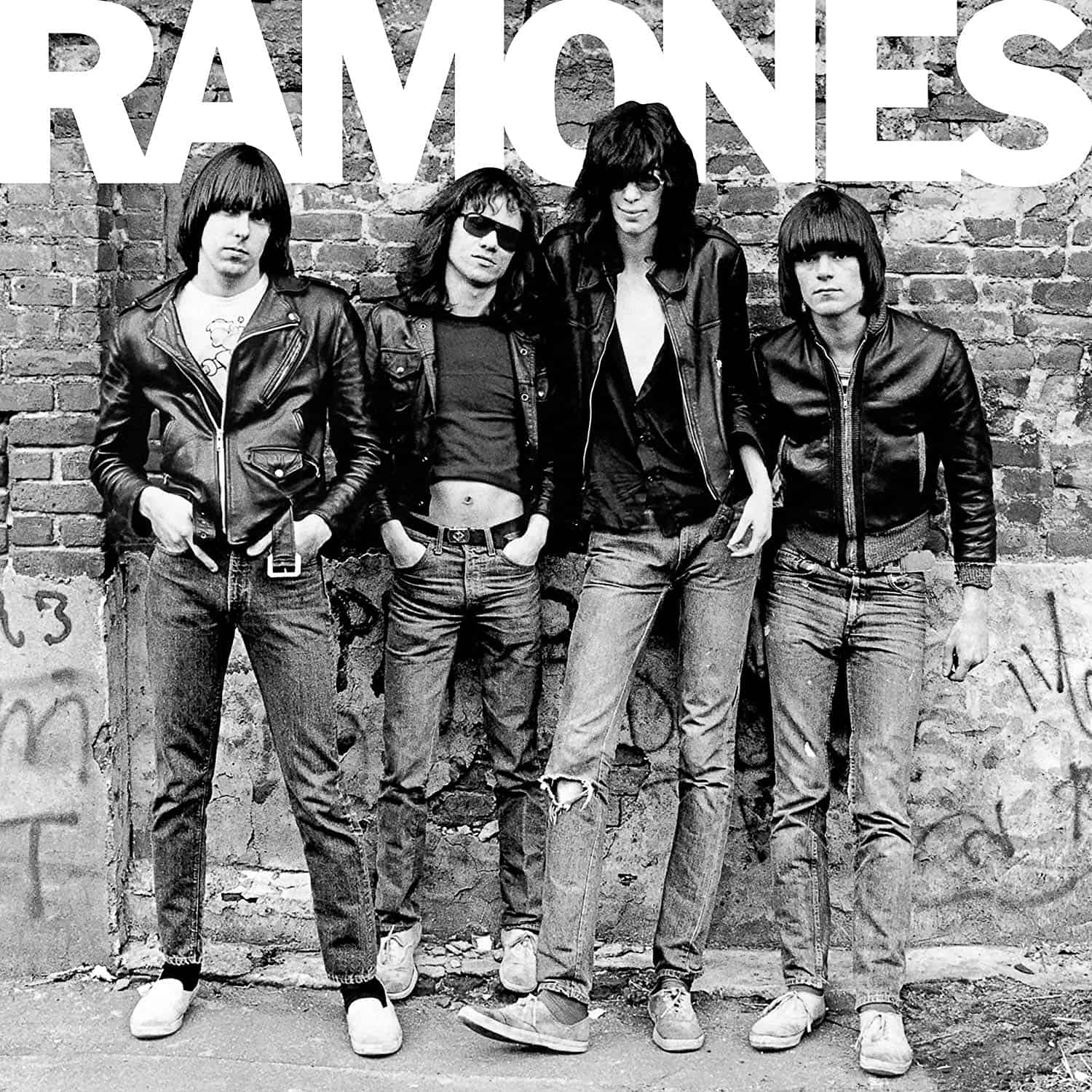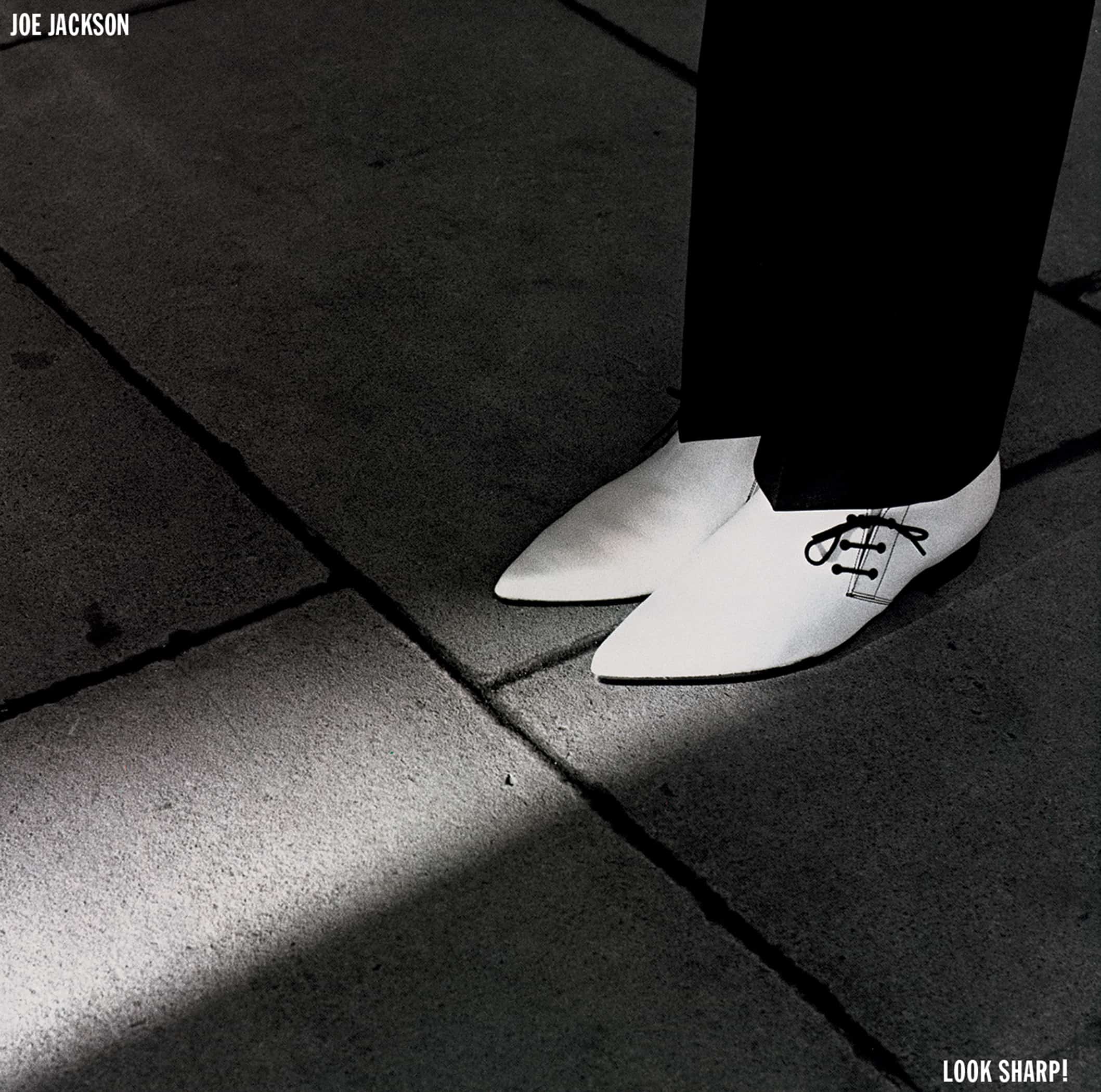Marketplace
2018 Ignition Records PRESSING
- Catalog Number IGNCD53X
- Release Year 2018
- Vinyl Mastering Engineer Peter J. Moore
- Pressing Weight Regular Weight
- # of Disks 4
- Jacket Style Single
When listening to this album I think of this band or music:
Today, the cultural reach of the Clash’s Joe Strummer remains as vast as ever. Last winter, amid a divisive political and social climate, punk-rock veteran turned author and lecturer Henry Rollins invoked Strummer’s name when he said, “This is not a time to be dismayed, this is punk rock time. This is what Joe Strummer trained you for.” But it’s not just musicians singing Strummer’s praises.
Earlier this year, Strummer’s words even popped up in a political debate. Beto O’Rourke, the Texas Democratic Senate candidate running against incumbent Ted Cruz, slammed his competitor by stating, “He’s working for the clampdown,” a reference to a song on the Clash’s London Calling in which Strummer used the phrase “working for the clampdown” as a metaphor for the establishment.
Like plenty of leftist artists before him, be it Woody Guthrie, John Lennon, or Bob Marley, Strummer remains a go-to source for those looking for politically minded motivation. No wonder artists who view music as a force for change, such as Bruce Springsteen, Bono, or M.I.A., whose “Paper Planes” samples the Combat Rock cut ”Straight to Hell,” cite Strummer or his band as a key inspiration. Indeed, there’s a kinship between Strummer and all the aforementioned artists—strong personalities who see music as a cultural unifier. But what Joe Strummer 001 makes clear—and what has long been clear to students of the Clash’s catalog—is Strummer viewed no genre or style untouchable. Punk-rock bravado lingers at the core, but there’s more to Strummer than Sex Pistols-like raging. His explorations into reggae, folk, blues, and new wave teem with earnest approachability, the sound of a singer who longed to do more than preach to the converted.
Music from this album would be a great soundtrack to this movie:
In the years that followed the Clash’s split, which for all intents and purposes occurred in 1983, Joe Strummer appeared to zero in on another of his other passions: cinema. The Clash wrote unabashedly about Hollywood (see the tragic story of actor of Montgomery Clift in “The Right Profile”) and chronicled how pop culture de-sensitized people to the headlines of the day (see “Magnificent Seven” and its references to news as entertainment). Then, of course, there’s the band’s 1980 film Rude Boy, which, while a slog, boasts arresting live footage of the band. The Clash was also huge fans of Martin Scorsese. Combat Rock remains as influenced by Taxi Driver as it is politics.
It follows that a number of tracks on Joe Strummer 001 draw from hard-to-find or out-of-print soundtracks. Keanu Reeves’ 1988 film Permanent Record is largely forgotten, but Strummer’s ramshackle “Trash City” comes across as delightfully rough, full of colorful lyrics like “wanna see a movie ’bout a creeper on the house” and “making love in the graveyard with cockroach bones.” While Strummer and the Clash always seemed willing to stretch boundaries and genres, soundtrack work allowed Strummer to try on different characters. Witness the roots honky-tonk of “Pouring Rain 1984” (from When Pigs Fly) or the nostalgic ballad “Burning Lights” (from I Hired a Contract Killer).
So, when much of Joe Strummer 001 stems from vastly different film works, how does one imagine what sort of movie the music would suit? A tricky question, but some of the soundtracks on which Strummer worked provide the answer, and Alex Cox’s Sid and Nancy catapults to the top spot. While the music on this set proves far more expansive than the cursed romanticism present in the biopic, Strummer and Cox make a fine pairing, as the filmmaker vacillates somewhere between DIY roughness and psychedelic professionalism. It’s also easy to hear many of these songs appearing on the topical underdog tale Repo Man.
Scorsese’s output also suits Strummer. The filmmaker, after all, tapped Strummer and Clash mates Mick Jones and Paul Simonon for cameos in the early 80s film The King of Comedy, a crime satire about the perils of fame. One can imagine any number of these songs in the movie, which already boasts the works of like-minded acts the Pretenders and Talking Heads as well as Strummer influences such as B.B. King and Van Morrison.
The more than 30 tracks on Joe Strummer 001 bring out an often-unheralded quality of Joe Strummer’s work: his lyrics. Even as he often led with emotion—see Clash songs “I’m So Bored with the U.S.A,” a screed against American pop art, or “White Riot,” an erratic call for a revolution—Strummer also harbored a penchant to write about people rather than a situation. The Clash’s “Bankrobber” is essentially a character study about a kindhearted criminal. “White Man in Hammersmith Palais” relates to the haves and the have-nots, and asks listeners to get out of their comfort zones.
Strummer’s late-career work included here continues such a track. “Generations,” recorded for a benefit album, doesn’t preach but paints a picture of an adult buying clothes for a child only to then realize the conditions in which those clothes were made. “Yalla Yalla,” his first proper single with the Mescaleros, peppers a reggae groove with alien effects while the characters of the song struggle to not let life knock the rebellion right out of them. And the jerky guitars of “London Is Burning,” one of Strummer’s last songs and one of his loudest, contrasts two visions of the city and contains a haunting line: “Too many guns in this damn town/At the supermarket, you gotta duck down.”
Evocative, yes, but also full of passion. Often, people speak of Strummer the performer—the singer drenched in sweat two or three songs into a set and standing before the microphone as if electric currents coursed through his body. Yet the major appeal of Joe Strummer 001 relates to how it showcases the less-heralded aspects of the man, portraying an artist with a lust for cinema, a widescreen approach to musical styles, and songs with imaginative lyrics.
The four LPs here, overseen by Grammy-winning producer and engineer Peter J. Moore, known for his collaborations with Neil Young and the Band (he worked on digitizing the latter’s work for 2014’s The Bootleg Series Vol. 11: The Basement Tapes Complete), give the music a crispness absent on earlier recordings. Strummer, no doubt, wasn’t expecting his pre-Clash pub-rock work with the 101ers, for instance, to be preserved for posterity, but Moore’s restoration presents the tunes with a vintage rawness that captures the chime of the guitars and every hiccup in Strummer’s raspy voice. No more do the 101ers sound like a garage band. Their rudimentary rock now resonates as if recorded at Sun Studio by Sam Phillips.
Such an approach seems to have been Moore’s goal, as even the heavier, new-wave-inspired rock of “Love Kills” and acoustic “Silver and Gold/Before I Grow Too Old” get presented with reverence. For those who romanticize the grime of punk rock, the sonics can make for an odd juxtaposition, but the set aims to display Strummer’s lasting influence, and the warmth of the vinyl, coupled with the careful restoration, does so with minimal interruptions.
Considering much of Strummer’s solo work was relegated to now-obscure soundtracks no doubt hastily recorded, Joe Strummer 001 ultimately debuts as a must for fans. An added bonus? The clever art that lines the vinyl sleeves: a close-up of Strummer’s dirty Telecaster, or reproductions of his all-caps handwriting. “When singing be soulful,” one line reads. “Deliver the true felling of the meaning,” says another. The latter could serve as a mission statement for Joe Strummer 001.
After all, the soul of punk rock is hard to define, and Strummer’s recordings, which occasionally took on American country or Latin flamboyance, are less about nailing a style or a sound than capturing passion. In turn, Joe Strummer 001 at times feels like a museum piece, a ripped and torn leather jacket preserved behind glass. While recreating a moment is impossible, what Moore and Ignition Records instead accomplish is to ensure the significance of Strummer’s words and music will remain unspoiled for generations to come.
Joe Strummer 001



 4
4


